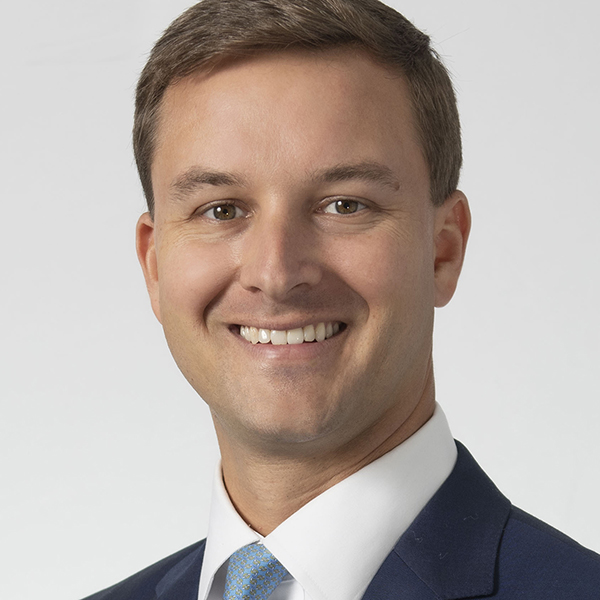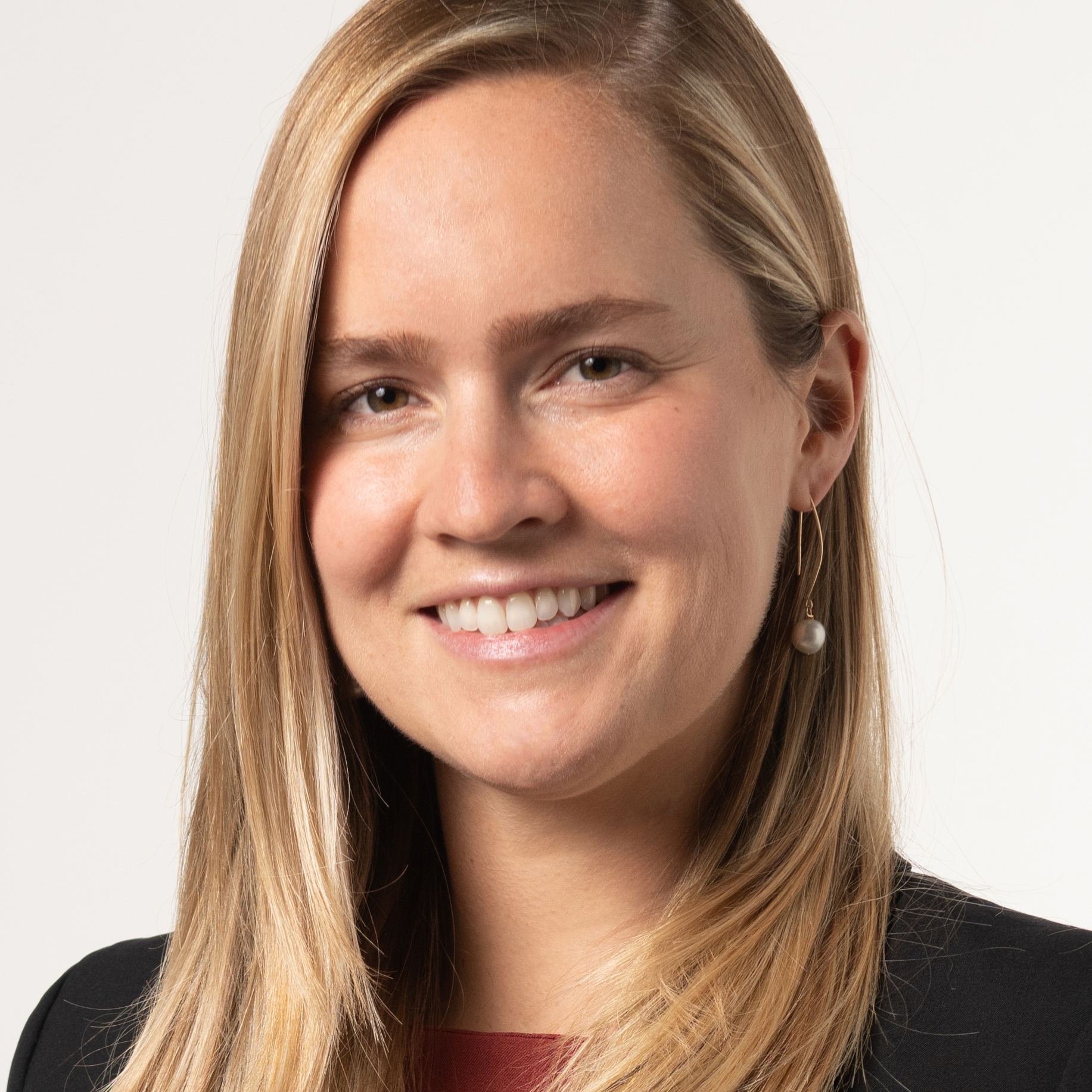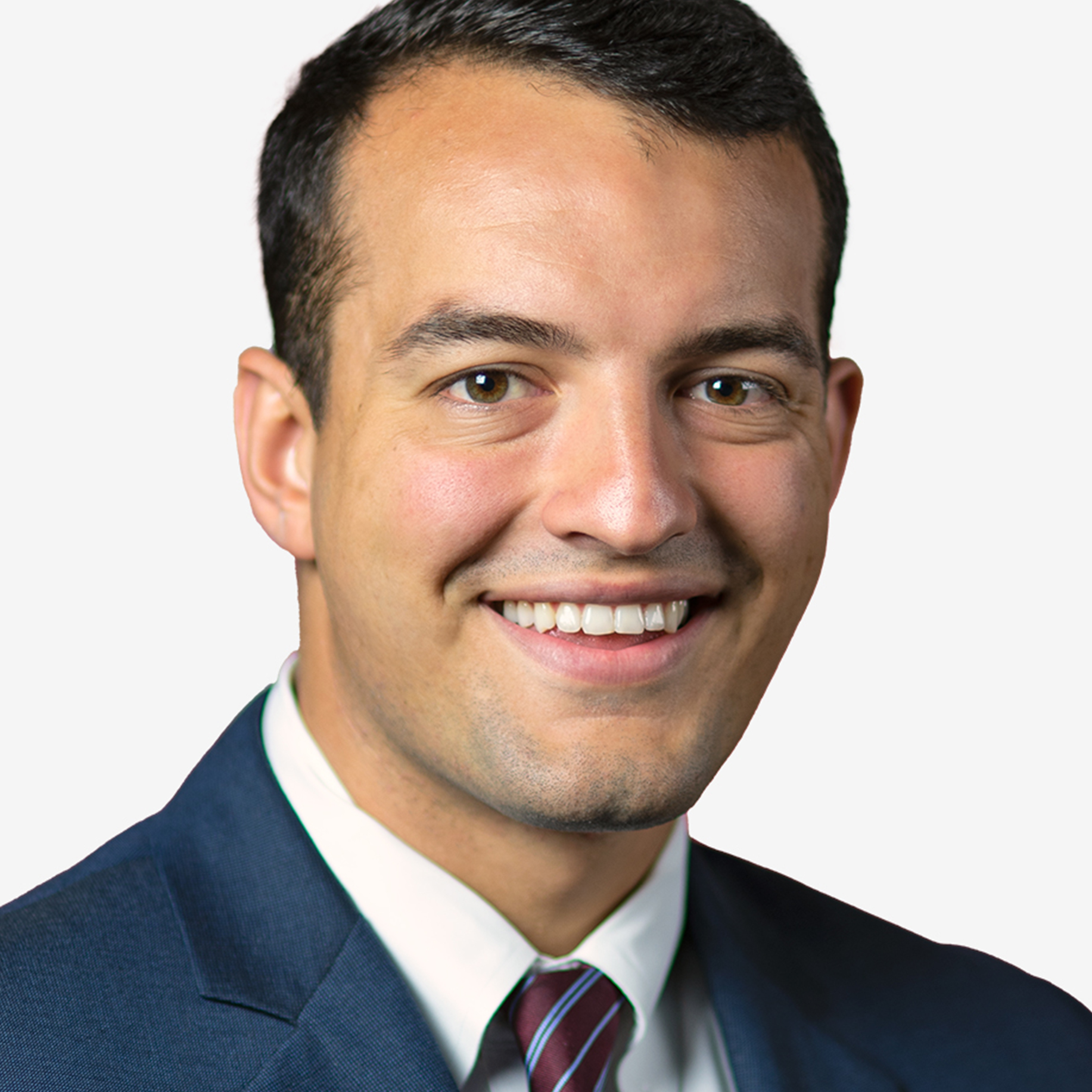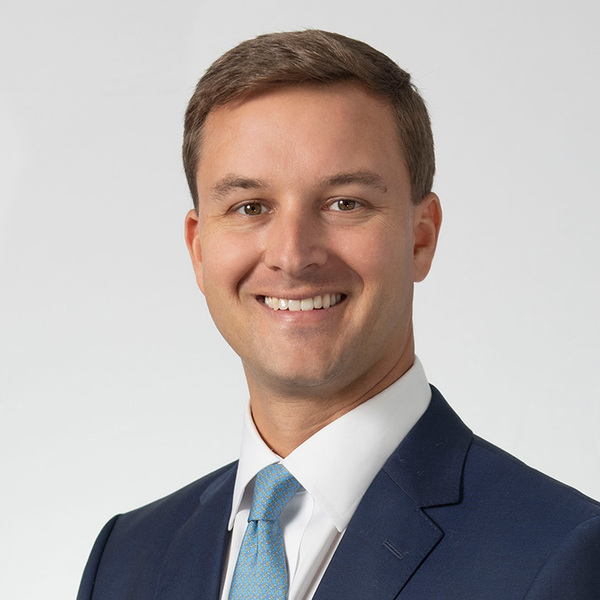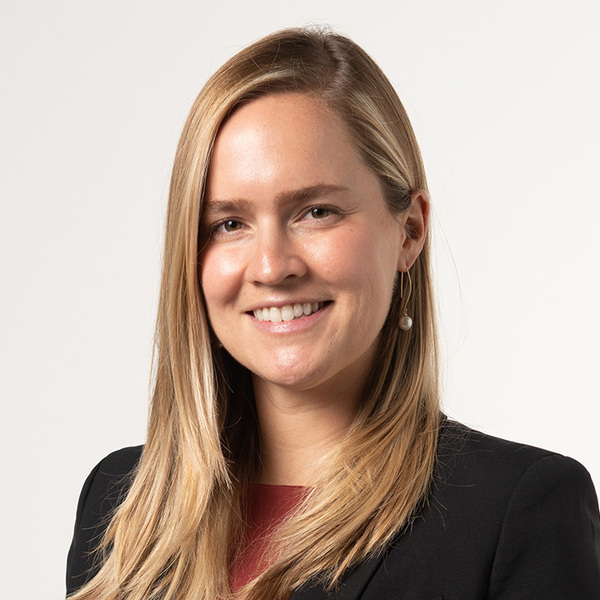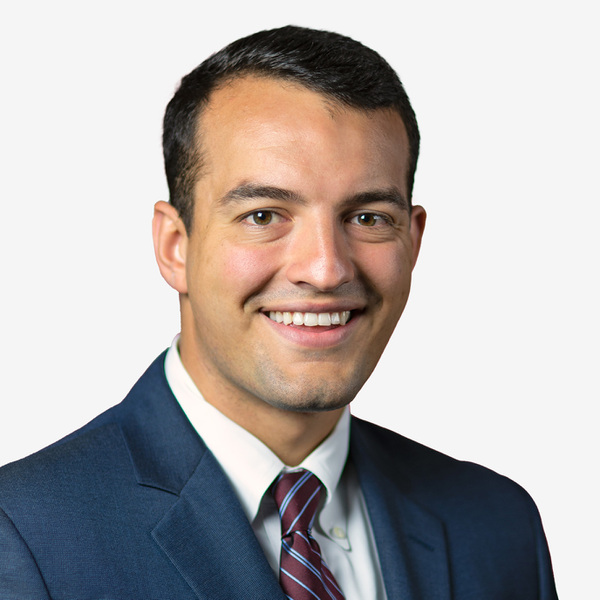How did your career change after receiving this designation? What areas of your professional life grew the most?
John: It's a long process. Typically, it's at least three years, so I didn't use it as a career pivot, but more of an acceleration for the path that I was already on. It was helpful in allowing me to speak with clarity and expertise to our clients, who are often folks that have been investors for decades. It helped amplify the experience I was gaining in the workplace.
Allison: The biggest area of growth after obtaining these credentials was the sense of confidence I had in my comprehensive financial knowledge. Obtaining an additional certification communicates to clients that you have met a professional standard which helps to build your credibility and trustworthiness. This applies to existing clients, who could see this was something I had been working towards, and new prospects or clients I was getting to know. It sets the tone that you dedicated time to your profession.
Mike: I think I have grown as a leader, manager, and team player within the firm at BBH. I left NYU with a stronger and more diverse network of peers, and a strong alumni community. Many people say that BBH is a “206-year-old start up,” and I know that my coursework in entrepreneurship has helped me understand how I can raise my hand and help the firm continue to grow. I look forward to getting involved as much as I can as BBH continues to innovate.
Each designation can take hundreds of hours of study. How do you manage coursework while working a full-time job?
John: Some people try to study a little bit before and after work each day. Personally, I took a few months and basically shut down on the weekends. That’s what worked best for me. The CFA program offers a lot of supporting study materials. Focusing on the practice tests was the fastest way to learn.
Allison: It is challenging, but with time management and commitment, it’s achievable. My recommendation would be to find what works for your study habits, plan, and stick with it. You need to be honest with yourself when studying. If you’re tired or not feeling it during that study session, make sure you take a break and come back when you can be more productive. If you find that you’re staring at your page and not absorbing anything, it’s not beneficial. Take a break and come back tomorrow.
Mike: I was lucky that NYU Stern offered their full-time MBA curriculum to working professionals who wanted to take the courses at night and on weekends. With the support of my team at BBH, I was able to take on both. For me, a typical week included two three-hour sessions from 6:00 to 9:00 p.m. on Tuesdays and Thursdays, as well as a Saturday course from 9:00 a.m. to 12:00 p.m. It forced me to hold myself accountable and responsible for my “day job,” my “night job,” and “everything else” (fitness, sleep, family, and friendships).
In addition to the degree, the MBA program taught me invaluable lessons in time management and organization. It also shaped my perspective on intentionality and prioritization.
For someone unsure of the right path for them, can you give us a brief overview of the content you covered in your program?
John: There are lot of ethics, quantitative analysis of asset valuation, fixed income, equity and alternatives, economics, and a few others. Personally, my favorite subject was equity valuation. It felt most relevant to the topics I was discussing at BBH through our internal strategies. That was very helpful.
Allison: The program consists of six courses: financial planning, insurance, investments, tax planning, retirement planning, estate planning, and financial psychology. There is also testing on professional conduct and regulations. Given my background, the subject that I found most interesting was financial psychology. While investment analysis and quantitative concepts are equally important, understanding how behavioral factors can impact decision-making, risk tolerances, and inter-family relationships is critical in financial advisory.
Mike: Most MBA programs have countless concentrations to choose from and you can carve the path that is most interesting to you. I took classes on everything from climate and venture investing, ESG in investing, how to run a business sustainably, organizational behavior, handling conflict, how to run a team, raising capital, and how to start your own business. The latter two topics were most interesting when I think about the work our Corporate Advisory & Banking team does with private businesses.
What advice would you give to an individual who is thinking about pursing the CFA, CFP, or MBA? Be honest: was it worth it?
John: If you have a natural interest in financial markets and want to deepen your skill set, or if you enjoy a challenge, it's a great program. I look back on the experience very fondly, but I'm also glad I no longer need to find 300 hours to study. It’s worth it, but the sooner you do it, the better.
Allison: This designation is a great opportunity to broaden your skillset, advance your career, and differentiate yourself in a competitive job market. It is a great way to supplement your existing knowledge about financial and economic topics and take a more holistic approach to financial management. It's a roughly two-year commitment to obtain skills that you can use for life. At the end of the day, your education is your power. No matter where you go in life, you will always take your education and credentials with you. For that reason, it is always a great investment.
